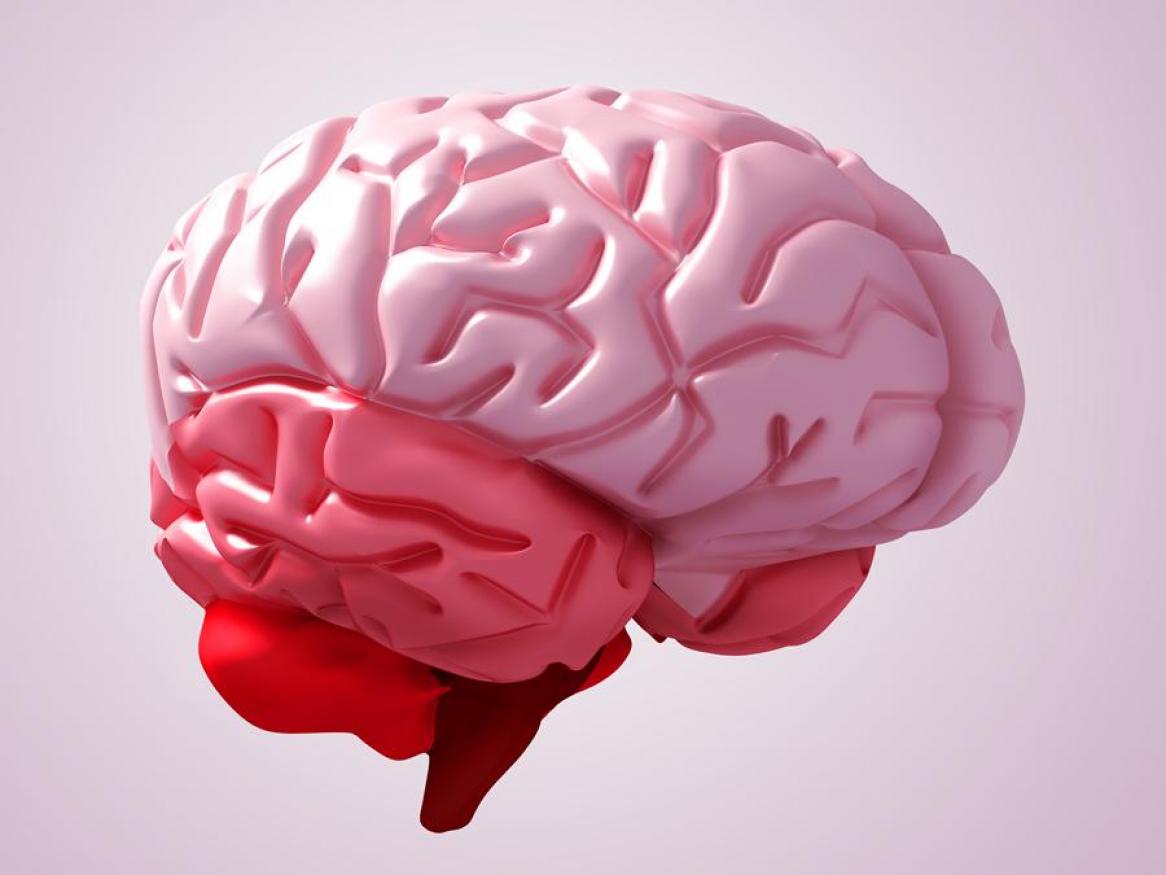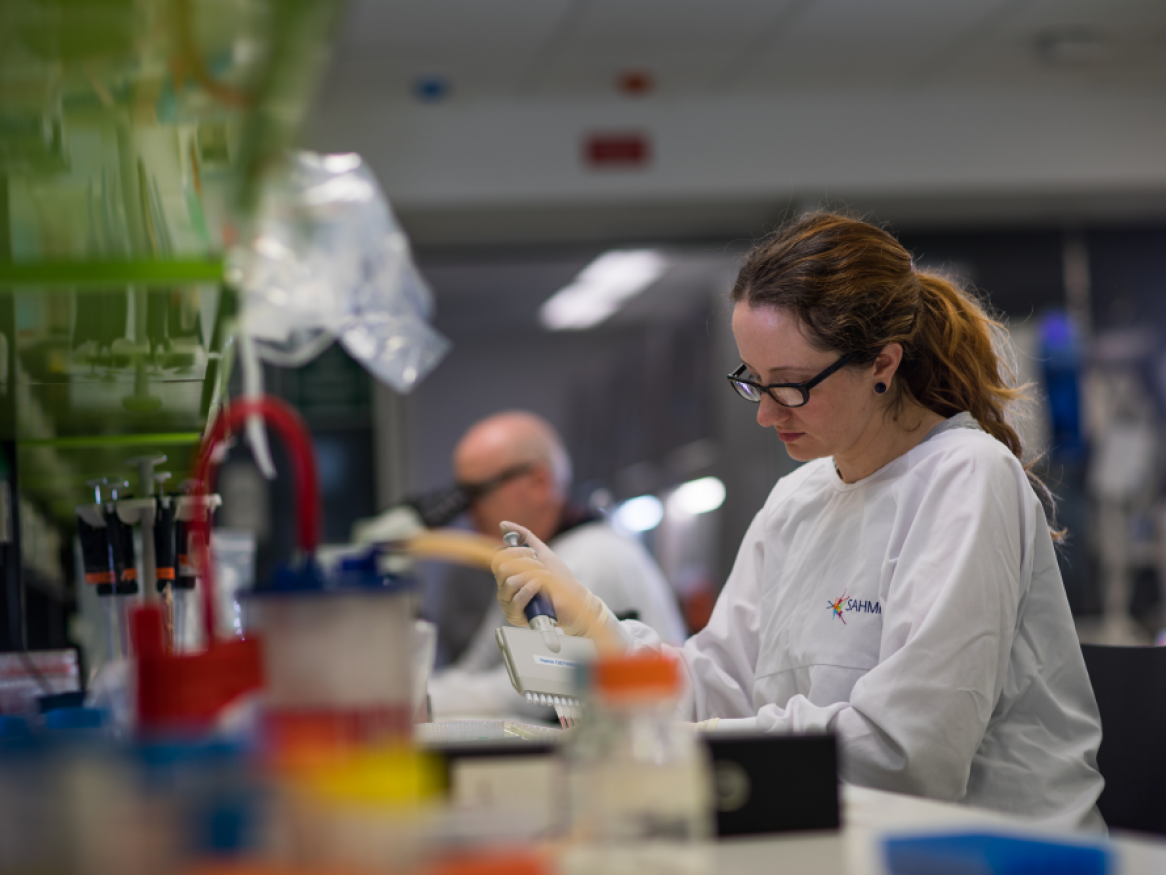Applied Cognition and Experimental Psychology
Our research has been used to improve the comprehension, recognition memory and decision-making of police, eyewitnesses, jurors and health consumers.
The Applied Cognition and Experimental Psychology (ACEP) research group focuses on the application of theories and models of cognition, judgement and decision-making to defence, legal and medical contexts. We are interested in understanding human interaction with intelligent agents.
We use experimental methods and modelling of cognitive processes to understand and improve human decision-making in important contexts, such as health, policing and national security. Our research is focused on understanding how individuals who are proficient in unfamiliar face matching achieve high levels of performance and how technology might be used to enhance proficiency. We are working to improve the decisions of people in areas of law, including police, eyewitnesses and jurors. In doing so, we hope to improve the use of forensic science evidence in legal settings and the accuracy and efficiency of decisions made by our courts. We are also active in areas of health, where our focus is on methods to improve the decisions of health consumers and health care workers in relation to vaccination.
We collaborate with leading international researchers on projects related to the use of eyewitness identification evidence, development of technology for identification, measurement of psychological stress and development of formal models of the eyewitness identification tasks. With the help of recognition memory researchers, we aim to develop the identification procedures of the future.
Interested in a postgraduate research degree?
We offer exciting opportunities for researchers at the honours, masters and PhD levels. Our research degrees are open to students from a broad range of backgrounds, and range from basic sciences to clinical research. If you are interested in human health, consider furthering your research career with us.



